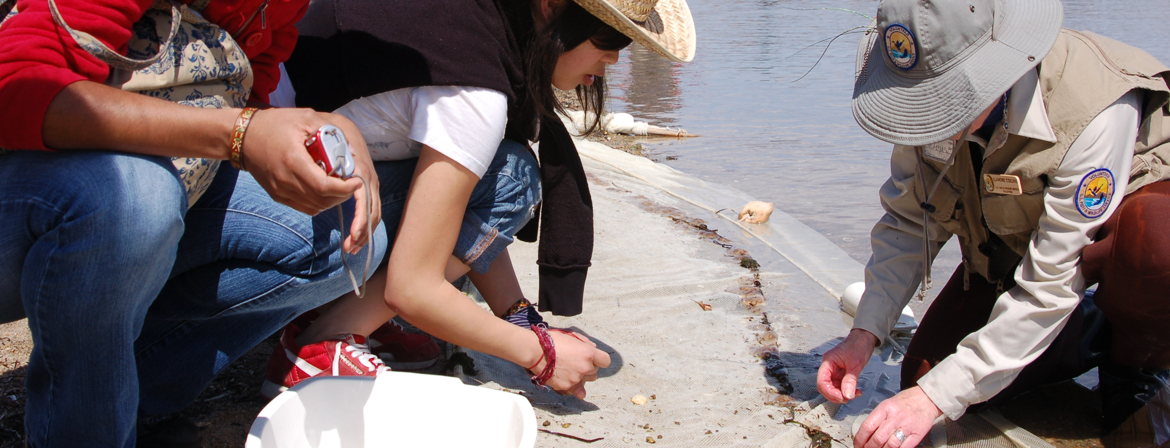"Consciousness" in Energy Conservation Behavior: An Exploratory Study
Heslop, L. A., Moran, L. & Cousineau, A. (1981). "Consciousness" in energy conservation behavior: An exploratory study. Journal of Consumer Research, 8, 3, 299-305.
Cost and Effectiveness of Litter Removal Procedures in an Amusement Park
Casey, L. & Lloyd, M. (1977). Cost and effectiveness of litter removal procedures in an amusement park. Environment and Behavior, 9, 4, 535-546.
Responding to Environmental Concerns: What Factors Guide Individual Action?
Axelrod, L. J. & Lehman, D. R. (1993). Responding to environmental concerns: What factors guide individual action? . Journal of Environmental Psychology, 13, 2, 149-159.
Energy Conservation Techniques as Innovations, and their Diffusion
Darley, J. M. (1977-78). Energy conservation techniques as innovations, and their diffusion. Energy and Buildings, 1, 339-343.
Willingness to Pay for Public Goods: A Test of the Contribution Model
Guagnano, G. A., Dietz, T., & Stern, P. C. (1994). Willingness to pay for public goods: A test of the contribution model. Psychological Science, 5, 6, 411-415.
Psychological Research for the New Energy Problems: Strategies and Opportunities
Kempton, W., Darley, J. M., & Stern, P. C. (1992). Psychological research for the new energy problems: Strategies and opportunities. American Psychologist, 47, 10, 1213-1223.
Comparing the Effects of Monetary Incentives and Foot-in-the-Door Strategies in Promoting Residential Electricity Conservation
Katzev, R. D., & Johnson, T. R. (1984). Comparing the effects of monetary incentives and foot-in-the-door strategies in promoting residential electricity conservation. Journal of Applied Social Psychology, 14, 1, 12-27.
Environmentally Perverse Government Incentives
Clement, P. (1992). Environmentally perverse government incentives. National Round Table on the Environment and the Economy.
Why are Energy Policies Acceptable and Effective?
Steg, L., Dreijerink, L., & Abrahamse, W. (2006). Why are Energy Policies Acceptable and Effective?. Environment and Behavior, 38(1), 92-111.



